ISMICT 2025
19th International Symposium on Medical Information and Communication Technology
May 28-30, 2025, Florence, Italy
Keynote and Invited Speakers
| Keynote | |
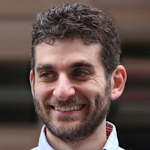 |
Time: Wednesday, May 28 - 09:15-10:00 (CET) |
| Speaker | |
| Professor Flavio Esposito | |
| Affiliation(s) | |
| Saint Louis University, Missouri, USA | |
| Edge Computing Architectures for Collaborative Healthcare Applications | |
| Abstract | This talk will provide insights on how edge computing can support and enhance a few healthcare applications by enabling real-time data processing. In particular, I will first introduce LiveMicro, an edge-based system that enables pathologists to control a microscope in real-time. By offloading computations for tasks like nuclei detection and tumor margin assessment to nearby servers, pathologists can rapidly cooperate on a diagnosis, and seek consultations for continuing medical education and training, without the overhead of sending entire datasets to the cloud. LiveMicro provides the ability to jointly control the microscope's stage, zoom, and pan, a crucial ability when performing a pathology diagnosis. Second, I will discuss EdgeEcho, an architecture that offloads echo stream processing to edge nodes. Here, optimized data structures like Cuckoo filters handle complex membership queries quickly, boosting real-time analysis of heart volume and function. Collectively, these examples illustrate how edge computing can expedite diagnoses, facilitate collaboration, and ultimately improve patient outcomes in resource-intensive clinical environments. |
| About the speaker | Flavio Esposito is an Associate Professor of Computer Science, Graduate Coordinator, and a Fellow of the Research Institute at Saint Louis University (SLU), in St.Louis, MO (USA). He received his Ph.D. in Computer Science at Boston University in 2013, and his MS in Telecommunication Engineering from the University of Florence, Italy. Before joining SLU, Flavio was a senior software engineer in high-frequency trading and worked at Bell Laboratories, NJ, and Raytheon BBN Technologies, in Cambridge, MA. Most of Flavio’s current research centers on cyber-physical and cyber-human systems, (wireless) networked systems, and AI/ML applied to precision agriculture and healthcare. Flavio is also the CEO and co-founder of Spaghetti Code Labs, LLC, a profitable company that focuses on cybersecurity and privacy education. |
| [Back to Program] | |
| Keynote | |
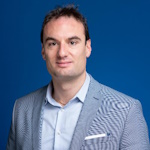 |
Time: Thursday, May 29 - 09:15-10:00 (CET) |
| Speaker | |
| Professor Andrea Sciarrone | |
| Affiliation(s) | |
| University of Genoa, Italy | |
| Towards AIoMT: the power of AI in the Internet of Medical Things | |
| Abstract | Traditional healthcare systems cannot satisfy anymore the needs of a continuously growing and developing society. The world today needs to face problems such as the aging of population and the inherent need of assisted-living environments for elderly people. The 5G network and prospective 6G solutions along with the pervasiveness of IoT devices will provide unprecedented benefits and innovations in several areas such as data science, machine learning and signal processing which are expected to boost the digital transformation of healthcare. This keynote includes the following main goals: i) to discuss the impact of future networks on the latest eHealth advancements by presenting innovative and efficient solutions; ii) to illustrate the aspects of applying future networks in healthcare systems by showing some practical applications and the response to technology-assisted medical care and treatments; iii) to provide further directions for research posing new problems and challenges in the eHealth field. |
| About the speaker | Andrea Sciarrone is Associate Professor in the research staff of the Telecommunication Group and, of the Digital Signal Processing (DSP) Laboratory at the DITEN department of the University of Genoa. He has been the Chair of the IEEE ComSoc e-Health TC and he's currently Secretary of the IEEE Italy Chapter. Furthermore, he has been involved in several funded e-health projects, both national and international. He is author of more than 80 scientific pubblications. In 2016, the IEEE Communication Society presents him the best paper award during the International Conference on Cloud Networking in Pisa, Italy. He is also the Department reference person for the PNRR RAISE Ecosystem on "Smart Devices and Technologies for Personal and Remote Healthcare". His research interests include signal processing over Internet of Things, context awareness and eHealth applications. |
| [Back to Program] | |
| Keynote | |
 |
Time: Friday, May 30 - 09:15-10:00 (CET) |
| Speaker | |
| Professor Anna Maria Bianchi | |
| Affiliation(s) | |
| Politecnico di Milano, Italy | |
| Affective computing: emotion detection through physiological data analysis | |
| Abstract | The emotional dimension is nowadays attracting the interest of the research in many different fields. The individual behavior during everyday life, as well as during specific tasks (work, rehabilitation; etc.) seems to be highly determined by the emotional state. Similarly, a strong correlation was demonstrated between the emotional state (i.e. stress) and the risk of developing some pathologies, among the others psychiatric, neurologic, cardiac. Emotions have been traditionally described from a qualitative point of view, on the other hand, they are responsible for well define physiological responses. For this reason the interest is now growing on the measurement and quantification of the emotional state through features obtained from non-invasive physiological data. Several physiological signals are commonly used to detect emotions: heart rate and heart rate variability; electrodermal activity and galvanic skin response; electroencephalography and event related responses; respiration and body temperature. Similarly, different processing pipelines have been proposed for the extraction of relevant features and their correct classification. Here we want to discuss the relevant issues related to the methodologies that are applied for emotion detection and quantification, including the sensors, the signals and the features of interest, the classification strategies, the main fields of application and the open challenges for the future directions. |
| About the speaker | Anna M. Bianchi is full professor of Biomedical Engineering at the Department of Electronics, Information and Bioengineering of the Polytechnic University of Milan.
|
| [Back to Program] | |
| Invited Speech | |
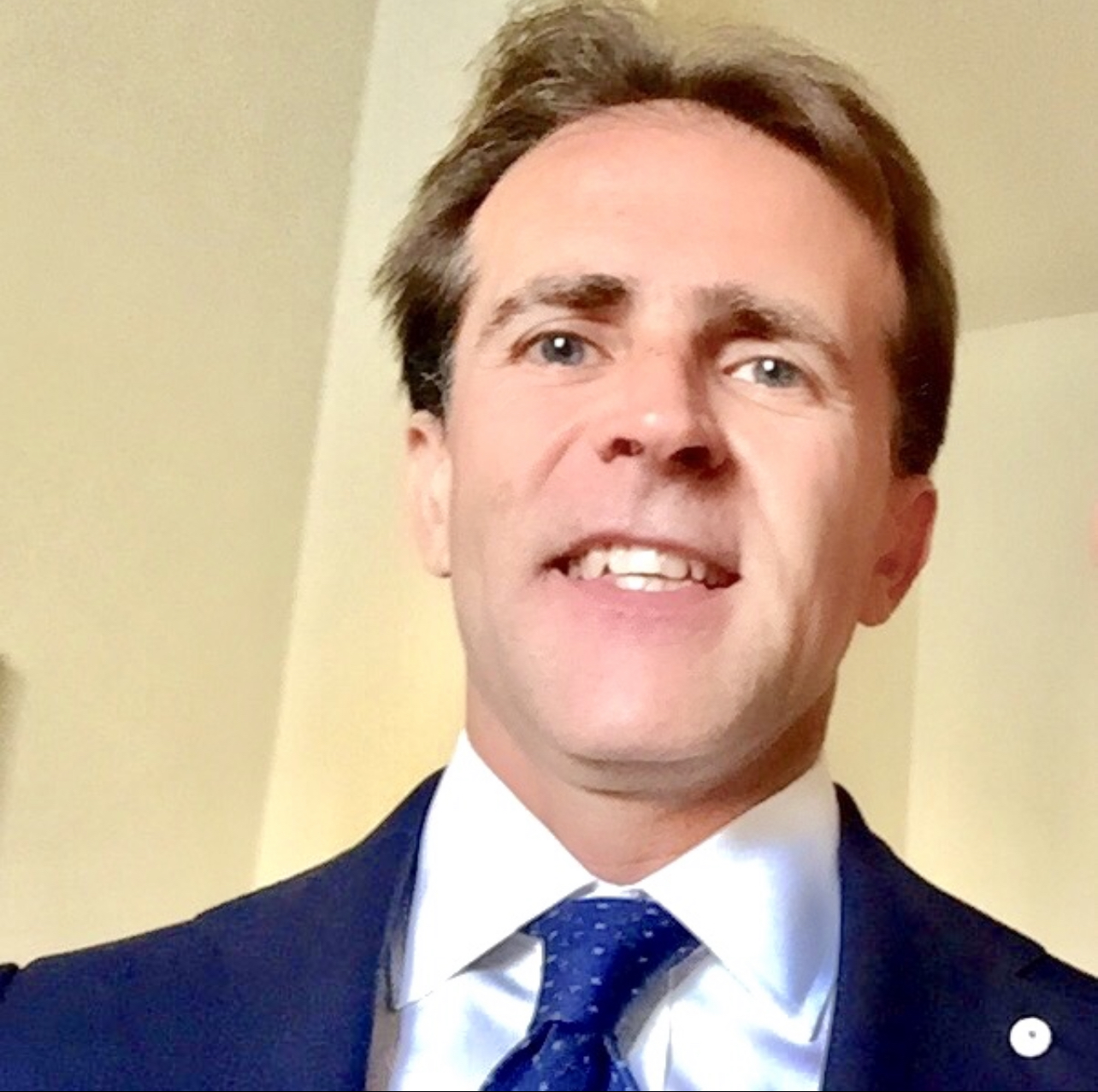 |
Time: Wednesday, May 28 - 13:30-14:00 (CET) |
| Speaker | |
| Eng. Francesco Emmolo | |
| Affiliation(s) | |
| Sisomo srl, Florence, Italy | |
| Enhancing Telemedicine through AI Modular Natural Language Processing (NLP) and Intelligent Data Automation | |
| Abstract | This presentation showcases an advanced, modular AI system designed to revolutionize Natural Language Processing (NLP) in healthcare. By integrating Operational Intelligence (OI) with Computer Used Agents (CUAs), the system autonomously extracts, processes, and harmonizes data from Electronic Medical Records (EMRs), IoMT devices, and diagnostic platforms—regardless of format or complexity. A distributed NLP architecture enhances analytical depth by breaking down medical texts into specialized modules, overcoming traditional constraints like limited context windows and memory bottlenecks. Additionally, an optimized Retrieval-Augmented Generation (RAG) component ensures that only the most relevant context is used for reasoning, improving accuracy while reducing computational load.
|
| About the speaker | Francesco Emmolo has built his career on a strong passion for technological exploration. He graduated in Electronic Engineering from the University of Florence, having prepared and defended his thesis at the Institute of Electronic Systems at Aalborg University in Denmark, where he also earned a Master's degree.
|
| [Back to Program] | |
| Invited Speech | |
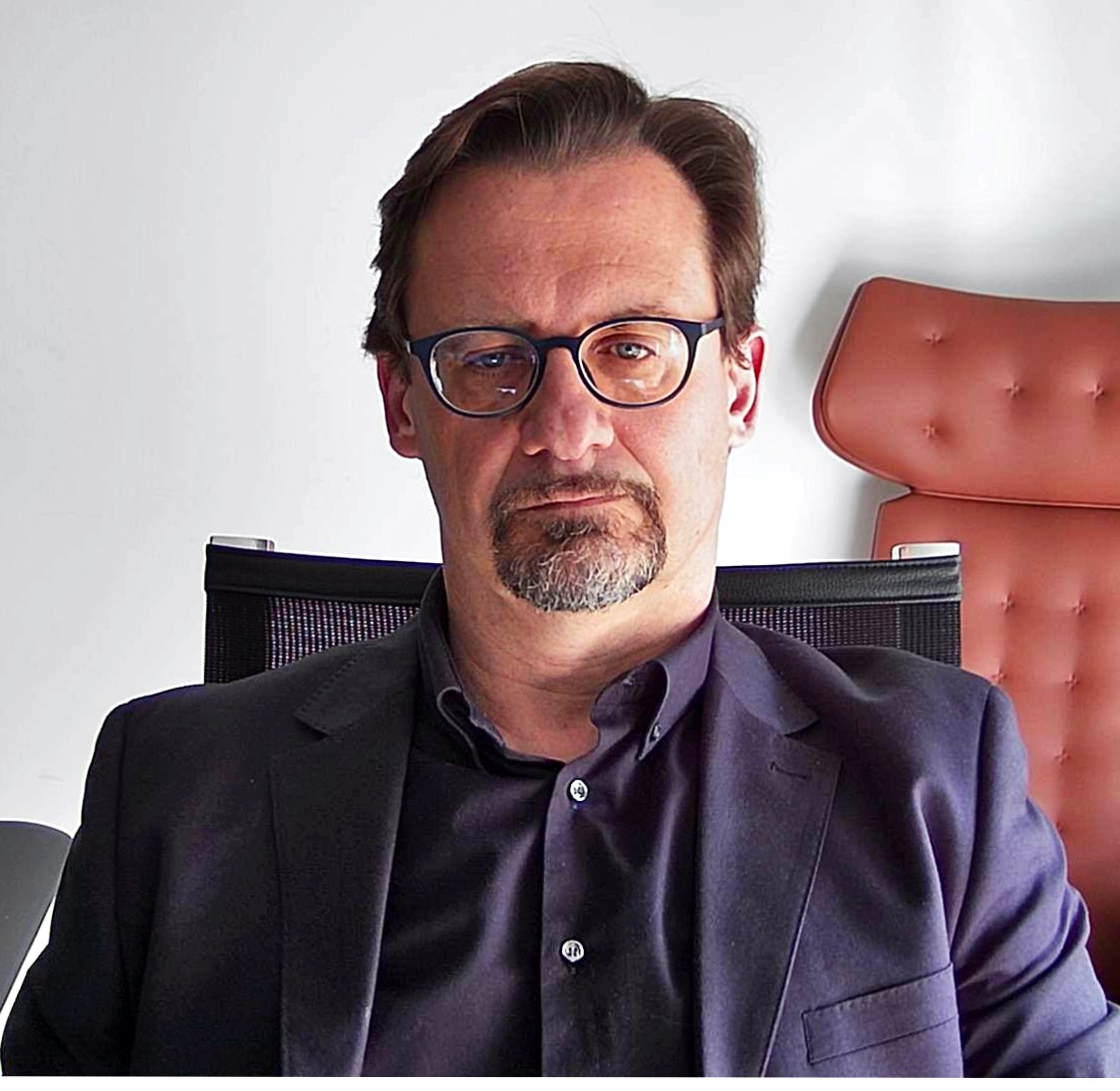 |
Time: Thursday, May 29 - 13:30-14:00 (CET) |
| Speaker | |
| Eng. Claudio Conti | |
| Affiliation(s) | |
| UOC Direzione Tecnica, ICT ed Innovazione Tecnologie Sanitarie, Fondazione Policlinico Agostino Gemelli IRCCS, Roma, Italy | |
| New Endoscopy Suite at “Ospedale Isola Tiberina -Gemelli Isola”: Full workflow integration and traceability - Project, Implementation and Operational Impact | |
| Abstract | The integration of technological systems in endoscopy units represents a fundamental step forward
in modern healthcare facilities, with significant benefits for patient safety, procedure quality and
operational efficiency. This study presents the results of an innovative technological integration
project implemented at the endoscopy unit of the Isola Tiberina-Gemelli Hospital in Rome. |
| About the speaker | Clinical Engineer with a Master's Degree, he completed his thesis and worked in AUSL Modena as a manager since 2003, reaching the role of Head of the Simple Operating Unit "Hospitals - Critical Areas" of the Provincial Unified Health Facility (Hospital and AUSL) in 2019.
|
| [Back to Program] | |
| Invited Speech | |
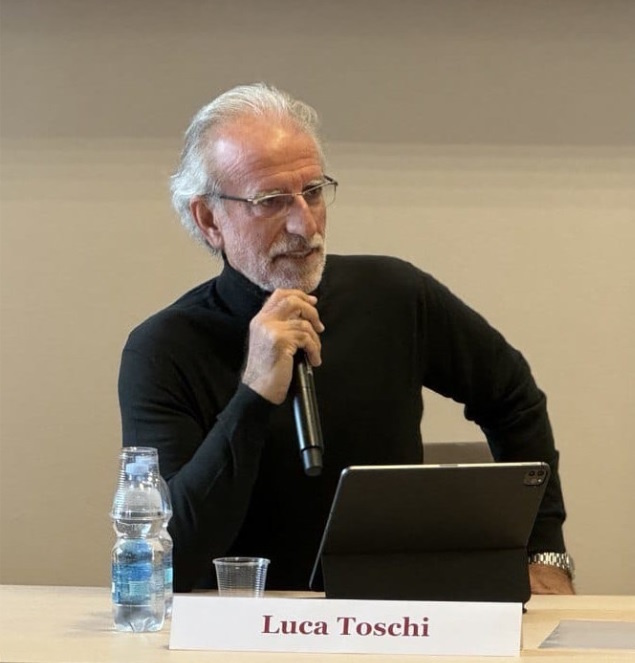 |
Time: Friday, May 30 - 13:30-14:00 (CET) |
| Speaker | |
| Professor Luca Toschi | |
| Affiliation(s) | |
| Research Center for Generative Communication “scientia Atque usus”, Florence, Italy | |
| Machine Health, Human Health. Towards a Generative Communication Agreement | |
| Abstract | Human health will increasingly depend on machines. This shift redefines the relationship between humans and technology: only machines in good health can effectively support individuals in preserving and restoring their own well-being. The challenge we now face is not solely technological but also cultural. New technologies, including Medical ICTs, can optimize resources and improve processes, but only if they are implemented within a framework that recognizes health as a shared common good. In this context, a "healthy" AI is defined not only by its technical efficiency but also by its ethical design, transparency, and responsiveness to users’ values and needs. This is the core focus of research at the "scientia Atque usus" Research Center for Generative Communication (sAu Research Center), which promotes a new model of Generative Communication between humans and technologies. This vision links Human Health and Machine Health to a new way of thinking and practicing Communication, engaging stakeholders from both the world of scientia (scholars and experts) and the world of usus (professionals, workers, entrepreneurs and citizens). Through this perspective, the future Healthcare System will increasingly rely on intelligent machines that become more humanized, seamlessly adapting to the specific needs of individuals and organizations. |
| About the speaker | Luca Toschi is the Founder and President of the “scientia Atque usus” Research Center for Generative Communication and the Director of the Generative Communication Lab at the PIN Foundation – Prato Campus of the University of Florence. He is a former Full Professor of Sociology of Cultural and Communicative Processes at the University of Florence. He also founded the Master’s program in Communication for Medical-Scientific and Health Services and currently serves as a member of its steering committee at the University of Florence. |
| [Back to Program] | |